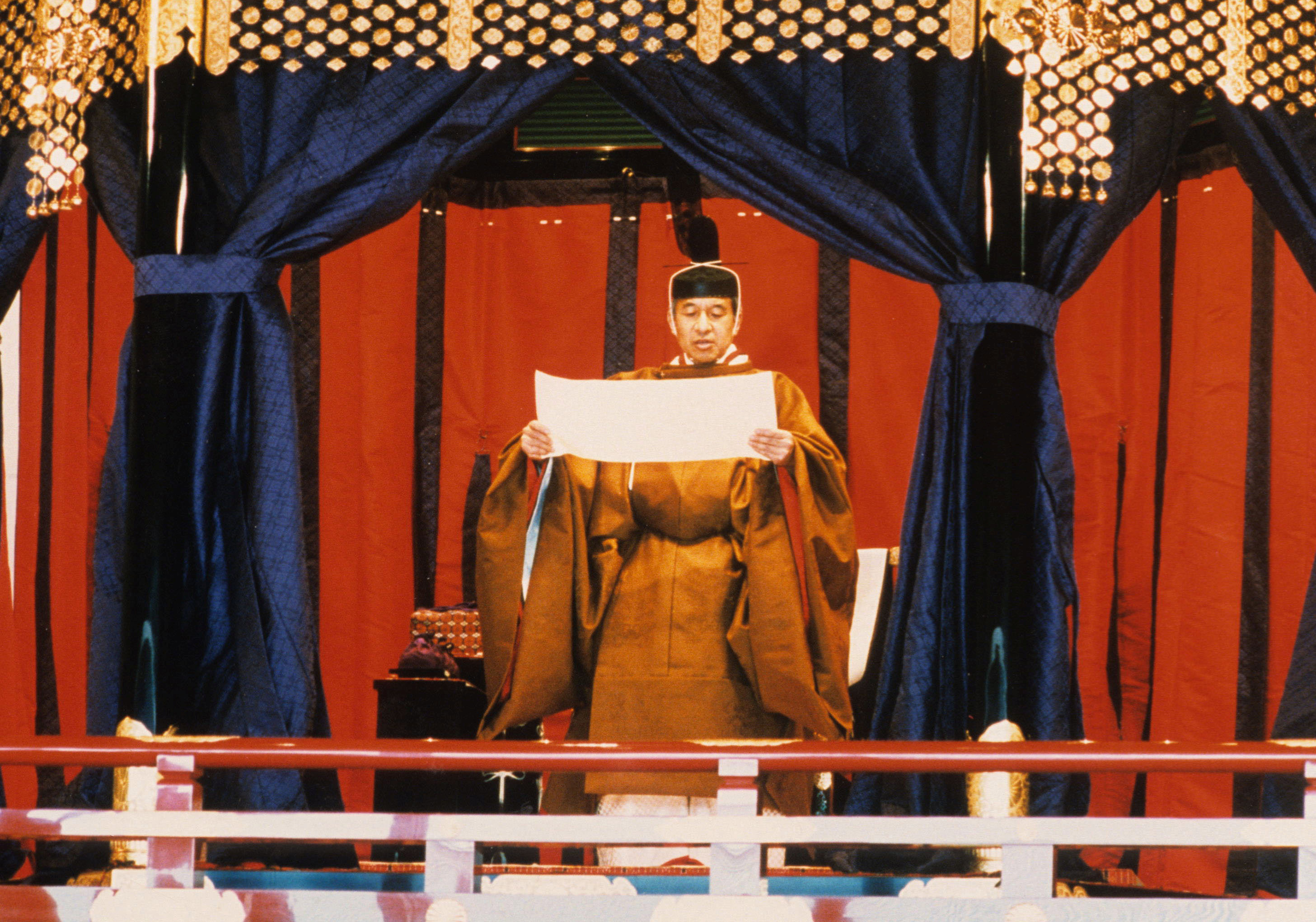Things got interesting earlier this month when Emperor Akihito addressed the nation to explain his desire to abdicate, without actually expressing a desire to abdicate. Not only that, but his intent was previously telegraphed to the nation through a scoop by NHK, the ultimate establishment broadcast media, which is usually being excoriated by more heroic journalists for meekly hewing to the government line. Also interesting was the Imperial Household Agency's initial refutation of the scoop and declarations by anonymous sources elsewhere in the government that abdication was "impossible."
There was also grumbling — excruciatingly polite, of course — from conservative quarters. For example, in a July 16 Sankei Shimbun commentary, University of Tokyo Professor Emeritus and Japan Conference (Nippon Kaigi) Vice-Chairman Keiichiro Kobori opined in exquisitely polite, obtuse terms that the Emperor should not — could not? — retire, as doing so would potentially destroy the Japanese kokutai (national polity). For the historically inclined, to even see the term "kokutai" make an appearance in this context is unnerving, as it is closely associated with the age of prewar fascism, when one could be jailed for even questioning the political order.
The postwar Constitution is silent on the subject of abdication. Article 2 simply says, "the Imperial Throne shall be dynastic and succeeded to in accordance with the Imperial Household Law passed by the Diet."

















With your current subscription plan you can comment on stories. However, before writing your first comment, please create a display name in the Profile section of your subscriber account page.